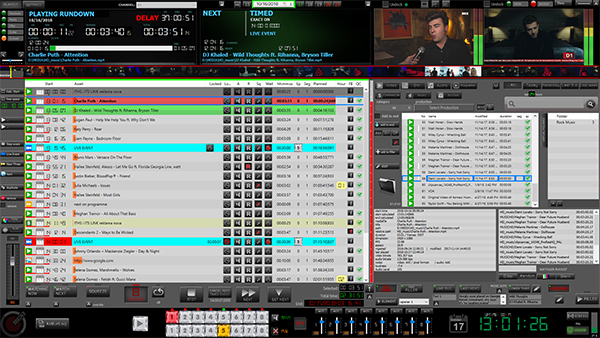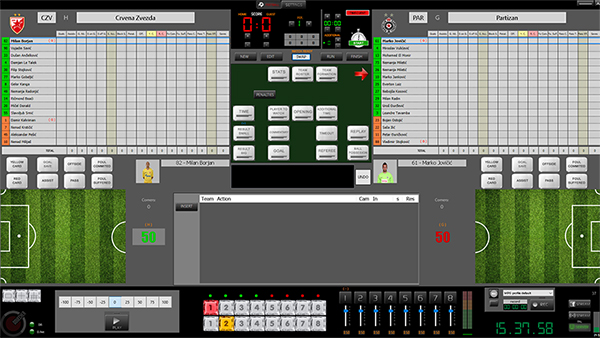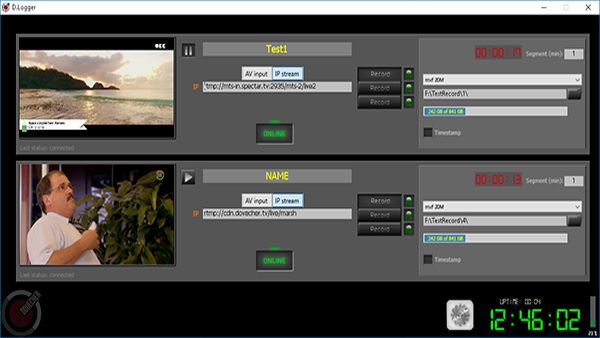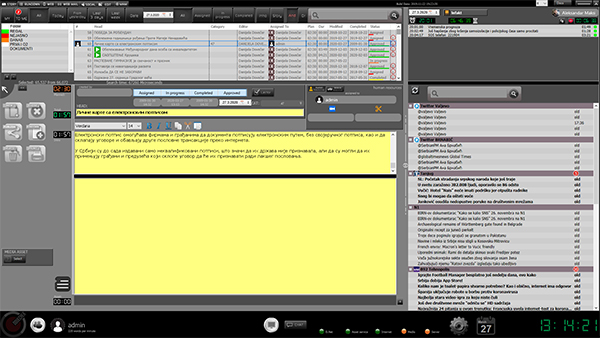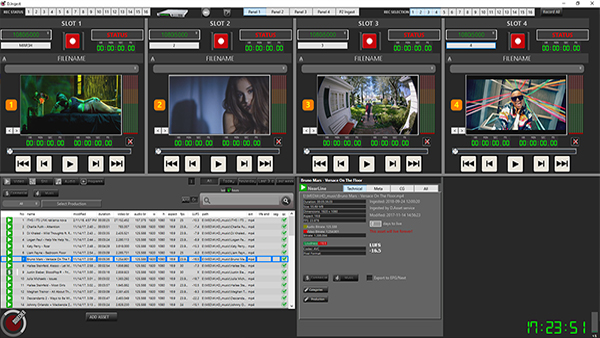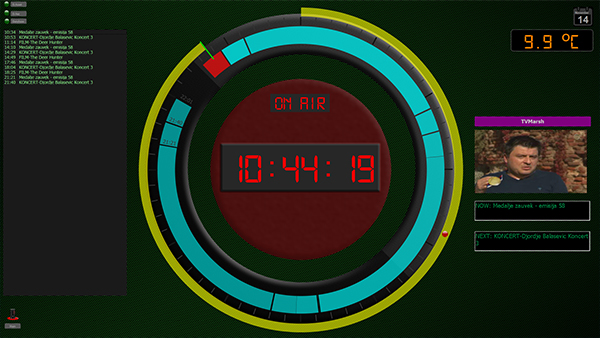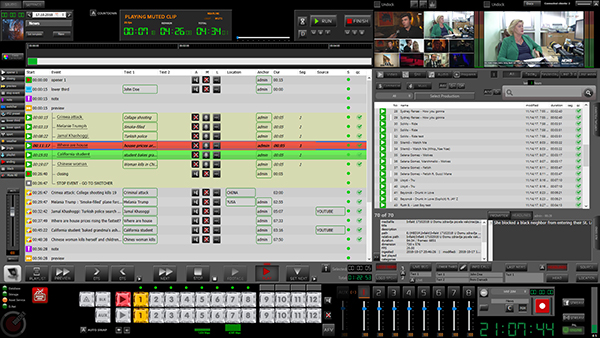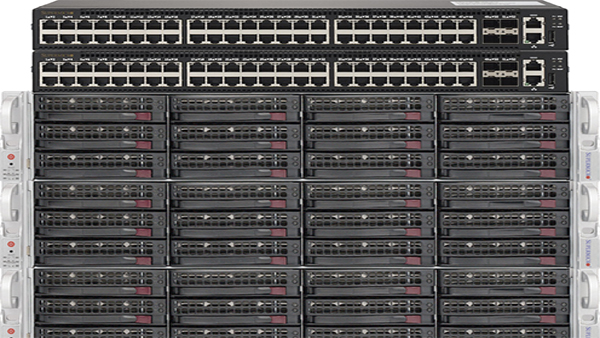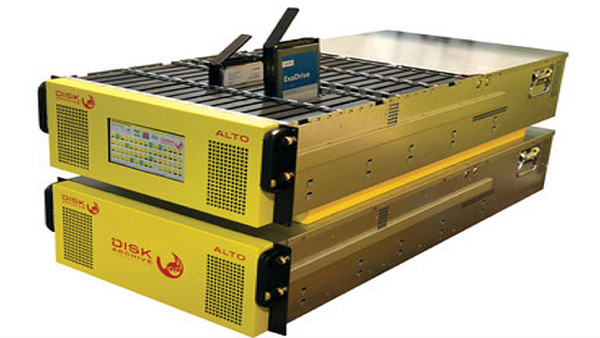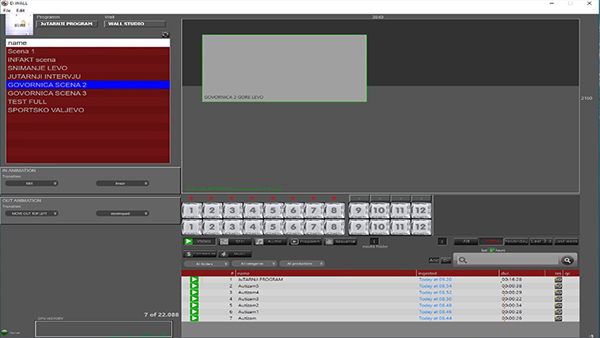While reading content on our website, you may find some words/terms that are not well-known. Therefore, we decided to make a list of terms which we frequently use while explaining the possibilities of our software and make sure that the Reader know exactly what do we mean by specific term.
High Availability: High Availability refers to systems that are durable and likely to operate continuously without failure for a long time. The term implies that parts of a system have been fully tested and, in many cases, that there are accommodations for failure in the form of redundant components. A highly available system is one that uses groups, or “clusters”, of computers/components monitored by High Availability software so if a critical component fails, normal operations are restarted on the backup components in a process known as failover. When the primary system is restored, normal operation can be shifted back in a process known as failback. The main purpose of a High Availability system is to minimize system downtime and data loss.
Cluster: A computer cluster is a set of loosely or tightly connected computers (hardware) that work together so that, in many respects, they can be viewed as a single system. Cluster can also refer to a collection virtual components that work together to provide High Availability. A “Node” refers to each individual component in the cluster.
SPOF – Single Point of Failure: A SPOF is a critical system component that will cause system failure or data loss if it goes down. In order to eliminate SPOFs, you must add redundancy and replication. Redundancy involves providing backup components that the system can switch over to if a critical component fails and replication involves ensuring the backup system has access to the same data as the primary system.
Resiliency: The ability of a software to recover from certain types of failure and yet remain functional from the customer perspective. Failover events should be as seamless and as quick as possible so as to minimize the impact on users.
Bugs: A bug is an error, flaw, failure, or fault in a computer program or software system that causes the app to produce an incorrect or unexpected result and behave in an unintended way. Bugs can be cosmetic, minor, moderate, major and critical.
Update: Update means any bug fixes and minor enhancements to The Software that are commercially released and generally made available by companies in the form of an update.
Upgrade: Upgrade means enhancements to The Software in the form of new or improved functionality or features, to the extent made available by companies in the form of an upgrade.

